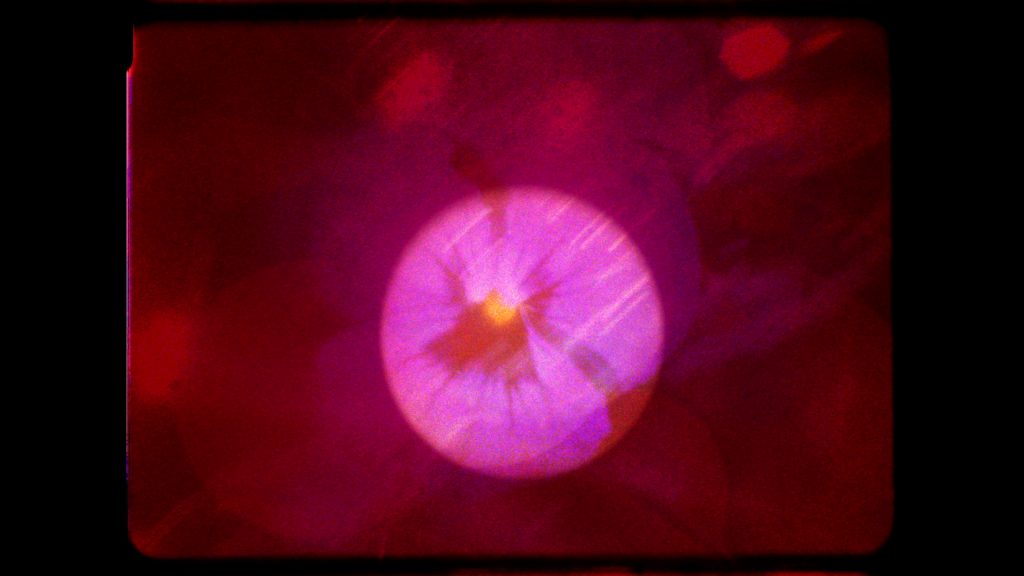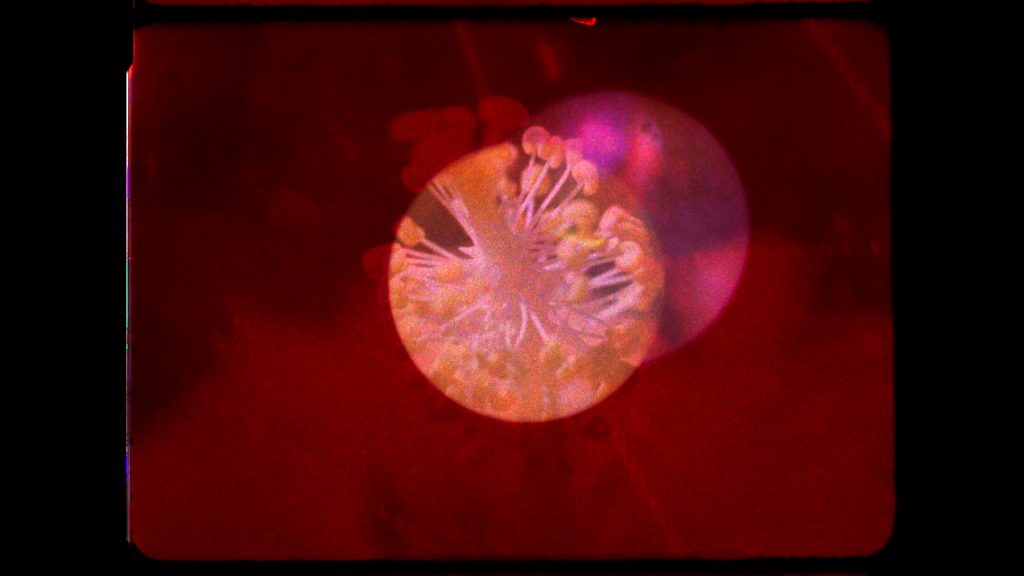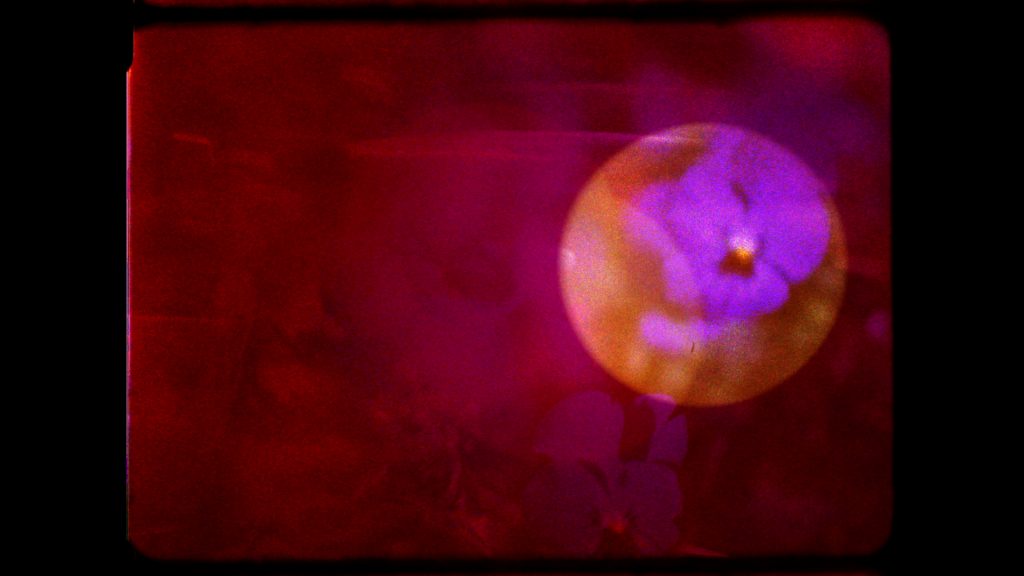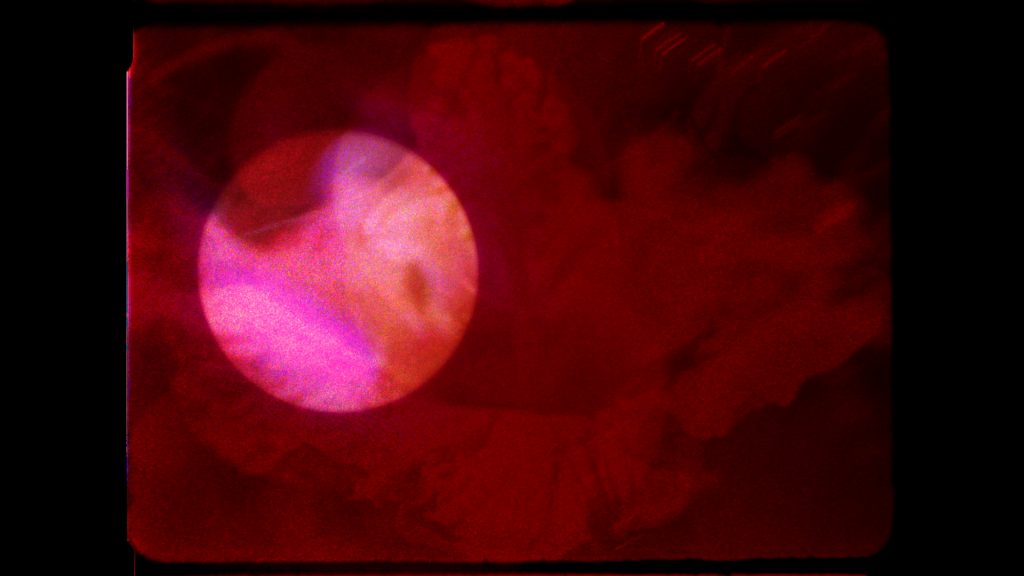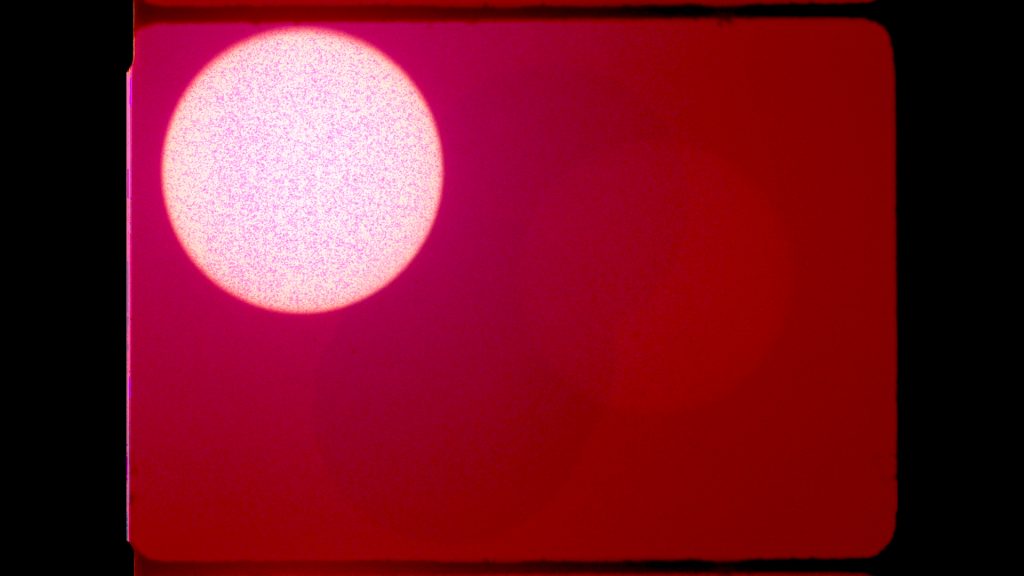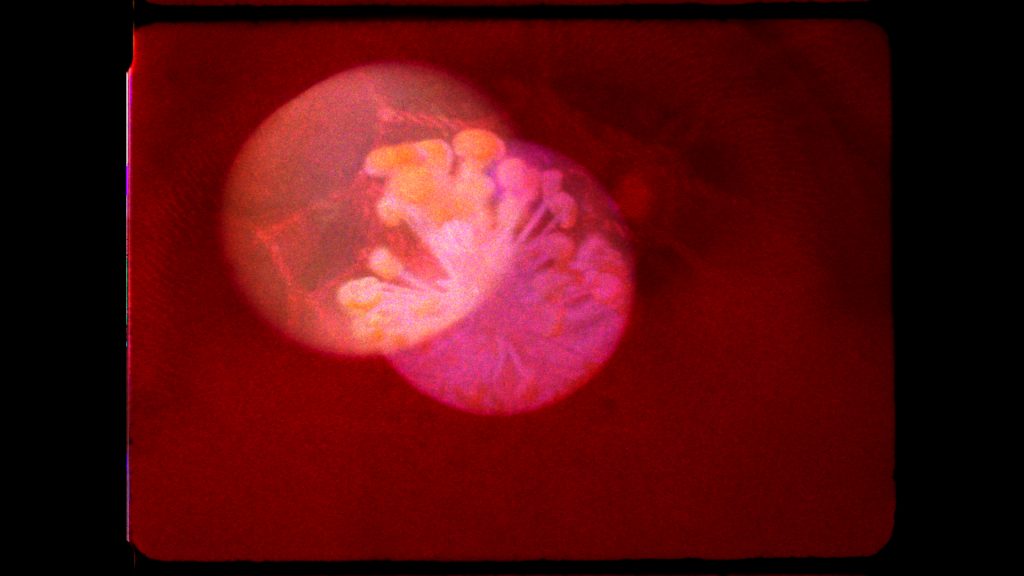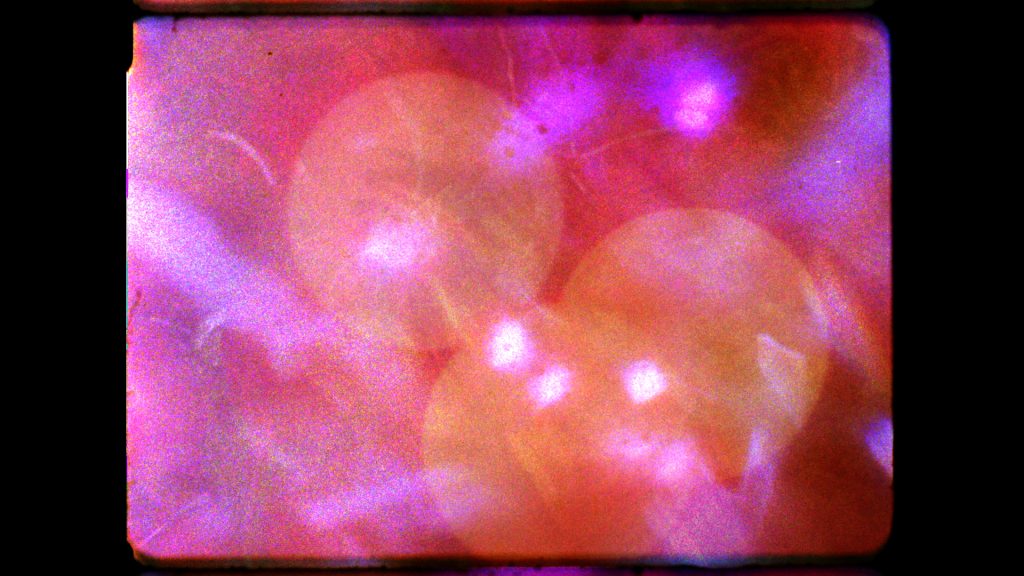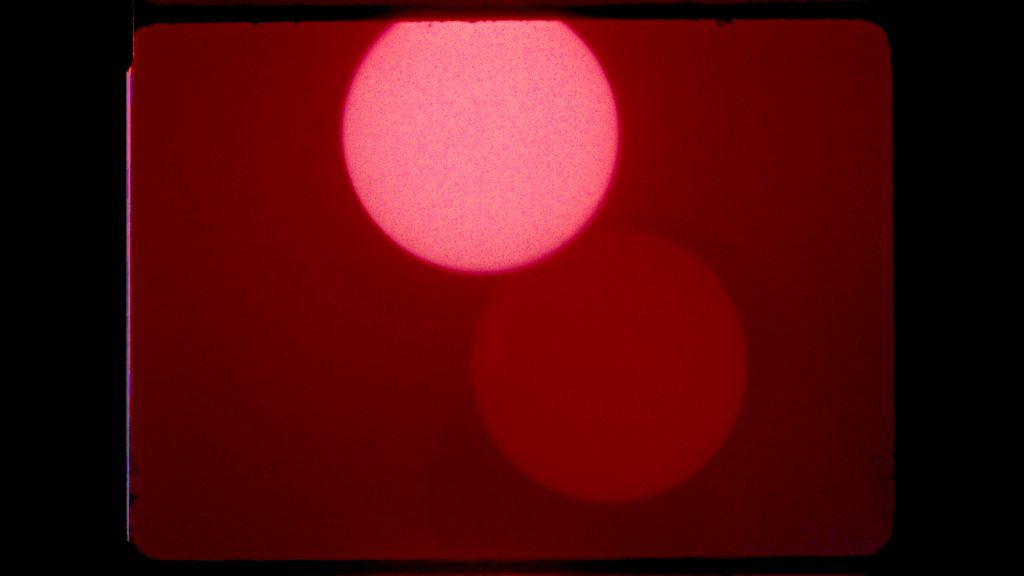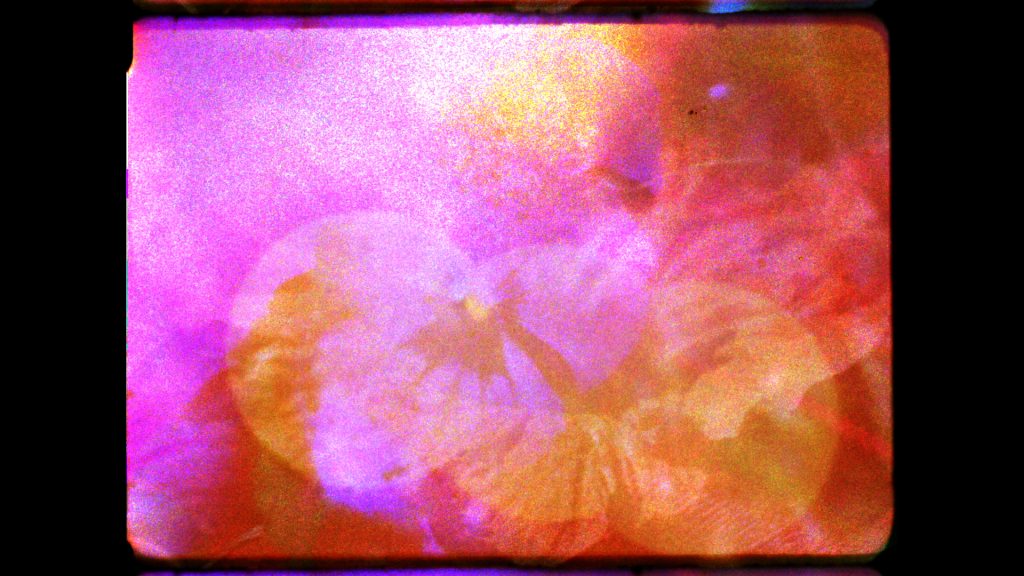Irradiación
The Aesthetics of Dreaming
The worst enemy of revolutionary art is its own mediocrity. Confronted with the subtle evolution in the reformist concepts of the imperialist ideology, the artist must offer revolutionary answers capable of decrying, in every instance, evasive responses. And, with great difficulty, he must demand a precise identification of what is useful to political activism in revolutionary art; of what is a revolutionary art aimed at opening up new discussions, and of what is a revolutionary art rejected by the Left and instrumentalized by the Right.
As an example of the former I quote, as a man of cinema, the movie La Hora de los Hornos [The Hour of the Furnaces] by the Argentinean, Fernando Ezequiel Solanas. It is the typical pamphletary film, ready for action and polemic, currently used by political activists across the world.
For the latter I suggest some films of the Brazilian Cinema Novo, among them my own films.
And lastly, the works of Jorge Luis Borges.
This classification reveals the contradictions of an art that expresses our contemporaneity. A work of revolutionary art should not only act in an immediately political way but also promote philosophical speculation, creating an aesthetics of the eternal human movement toward its cosmic integration.
Fundamentally, the intermittency of such a revolutionary art in the Third World is due to the repressions caused by rationalism.
The current cultural systems, to the Left and Right, are locked into this conservative reasoning. The failure of the Brazilian Left results from this colonizing vice. The Right thinks according to the reason of order and development. Technology is the mediocre ideal of a power, which has no other ideology than that of the domination of man by consumption. The answers given by the Left, and I’m exemplifying again from Brazil, have been paternalist in regards to the central topic of our political conflicts: the masses of the poor.
The People is the myth of the bourgeoisie.
The reason of the people becomes the reason of the bourgeoisie over the people.
The ideological variations of such a paternalist reason can be identified in the monotonous cycles of protest and repression. The reason of the Left reveals itself as an heir to the European revolutionary bourgeois reason. As such, colonization blocks the possibility of any integral revolutionary ideology which would have art as its noblest expression, because only art can bring man closer to the depths that the dream of such an understanding might allow.
The only way out is a rupture with all colonizing rationalisms.
The vanguards of thought can no longer keep with the futile success of answering to oppressive reason with a revolutionary reason. The revolution is an anti-reason that communicates the tensions and the rebellions of the most irrational of all phenomena, which is poverty.
No statistics can inform the scope of poverty.
Poverty is the most auto-destructive of loads imposed on each and every man, and it resounds psychically in such a way that the poor man is transformed into a double-headed animal: one head is fatalist and submissive to the reason which makes him a slave; the other, to the extent that the poor man is incapable of explaining the absurdity of his own poverty, is naturally mystic.
The dominating reason classifies mysticism as irrational and represses it point-blank. All that is irrational must be destroyed, be it a religious or political mysticism. Revolution, understood as that which takes hold of man and aims his life toward an idea, is the highest spirit of mysticism. Revolutions fail when this possession is not total, when the rebelled man doesn’t liberate himself fully from the repressive reason, when the signs of the struggle aren’t produced at a stimulating and revelatory enough level of emotion, when, “still propelled by a bourgeois reason,” method and ideology blur to the point of paralyzing the transactions of the struggle.
To the extent that unreason plans all revolutions, reason plans the repression.
Revolutions are made from the unpredictability of the practice of history, which is the mysticism of the encounter with the irrational forces of the masses of the poor. The political seizure of power does not imply the success of the revolution.
By way of communion, one must touch the vital core of poverty, which is its mysticism. Mysticism is the only language that transcends the rational schema of oppression. The revolution is magical because it is that which is unpredictable within the dominating reason. At best it is seen as an understandable impossibility. But the revolution must be an impossibility of comprehension for the dominating reason, to the extent that it denies and devours itself before its own impossibility of comprehension.
A liberating irrationalism is the revolutionary’s strongest weapon. “And liberation, even when it confronts the violence of the system, implies the negation of violence in the name of a community founded on the meaning of limitless love among men.” This love owes nothing to the traditional humanism, symbol of the dominating, good conscience.
The Indian and black roots of the Latin American people must be seen as the only developed force of this continent. Our middle class and bourgeoisie are decadent caricatures of the colonizing societies.
For as long as it only inspires an art created by artists suffocated under a bourgeois reason, popular culture will always be a relative protest.
Popular culture is not that which is technically called folklore but rather the popular language of a permanent, historical rebellion.
The encounter between those revolutionaries found beyond bourgeois reason and the most significant structures of this popular culture will produce the first configuration of a new revolutionary sign.
Dreaming is the only right that cannot be forbidden.
“The Aesthetics of Hunger” was the measure of my rational comprehension of poverty in 1965.
Today, I refuse to speak of any aesthetics. True existence cannot be subjected to philosophical concepts. Revolutionary art should be a powerful enough magic to enchant man beyond the point where he can no longer keep on living under this absurd reality.
Borges, surpassing this reality, wrote the most liberating unrealities of our time. His is an aesthetics of dreaming. To me it is a spiritual revelation, which contributes to opening up my Afro-Indian sensibility in the direction of the original myths of my race. This poor and apparently hopeless race elaborates mysticism as its moment of freedom. The Afro-Indian gods will negate the colonizing mysticism of Catholicism, which is the sorcery of repression and the moral redemption of the rich.
I do not justify or explain my dream because it is born from an ever stronger intimacy with the themes of my films, the natural path of my life.
by Glauber Rocha
